
Krk Island: The Jewel of the Adriatic
Krk Island, located in the northern Adriatic Sea, is one of Croatia's most enchanting destinations. With its charming blend of historical sites, stunning beaches, and vibrant local culture, Krk Island offers something for every traveler. The island's rich history is evident in its medieval towns, ancient ruins, and centuries-old churches, all of which tell the story of a place that has been at the crossroads of cultures for millennia. The island is also famed for its natural beauty. From the rugged cliffs and hidden coves to the lush forests and crystal-clear waters, Krk is a paradise for nature lovers. Visitors can hike through its scenic trails, explore the underwater world through diving or snorkeling, or simply relax on one of its many pristine beaches. The island's diverse landscape ensures that every corner holds a new surprise. Krk Island is not just about sights and scenery; it also offers a taste of authentic Croatian life. The local cuisine, featuring fresh seafood, olive oil, and wine, is a gastronomic delight. Festivals and events throughout the year provide a glimpse into the island's vibrant traditions and culture. Whether you're exploring the bustling town of Krk, the quaint village of Vrbnik, or the serene beaches of Baška, you'll find that Krk Island is a destination that captivates the heart and soul.
Local tips in Krk Island
- Visit outside of peak season (July and August) to enjoy a more peaceful experience and better accommodation rates.
- Rent a bike or scooter to explore the island at your own pace; many scenic spots are best reached this way.
- Try local specialties like šurlice pasta and Vrbnička žlahtina wine for an authentic taste of Krk.
- Bring water shoes for swimming; some beaches have rocky areas and sea urchins.
- Check out the local markets for fresh produce and handmade souvenirs to bring home.
Krk Island: The Jewel of the Adriatic
Krk Island, located in the northern Adriatic Sea, is one of Croatia's most enchanting destinations. With its charming blend of historical sites, stunning beaches, and vibrant local culture, Krk Island offers something for every traveler. The island's rich history is evident in its medieval towns, ancient ruins, and centuries-old churches, all of which tell the story of a place that has been at the crossroads of cultures for millennia. The island is also famed for its natural beauty. From the rugged cliffs and hidden coves to the lush forests and crystal-clear waters, Krk is a paradise for nature lovers. Visitors can hike through its scenic trails, explore the underwater world through diving or snorkeling, or simply relax on one of its many pristine beaches. The island's diverse landscape ensures that every corner holds a new surprise. Krk Island is not just about sights and scenery; it also offers a taste of authentic Croatian life. The local cuisine, featuring fresh seafood, olive oil, and wine, is a gastronomic delight. Festivals and events throughout the year provide a glimpse into the island's vibrant traditions and culture. Whether you're exploring the bustling town of Krk, the quaint village of Vrbnik, or the serene beaches of Baška, you'll find that Krk Island is a destination that captivates the heart and soul.
When is the best time to go to Krk Island?
Iconic landmarks you can’t miss
Krk
Explore the stunning landscapes, rich history, and vibrant culture of Krk Island, the largest island in the Adriatic Sea, perfect for your next getaway.

Frankopan Castle
Discover the enchanting Frankopan Castle in Krk, a historical landmark rich in heritage, breathtaking views, and captivating stories of noble families.
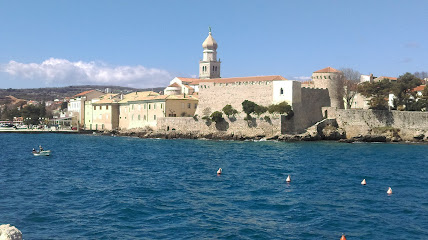
Biserujka
Explore the enchanting Biserujka Cave on Krk Island: a treasure trove of natural beauty, geological wonders, and fascinating legends.
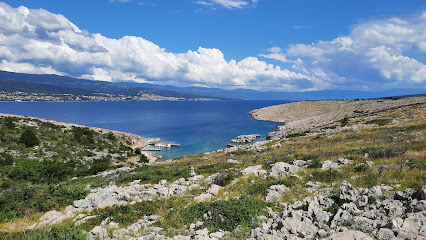
Oprna Bay
Discover Oprna Bay, Krk's idyllic escape: crystal waters, pebble beach, and stunning scenery await near Stara Baška. Perfect for swimming and relaxation.
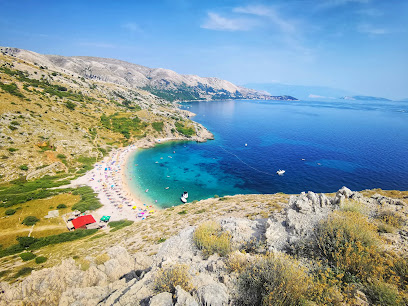
Potovošće Strand vrbnik
Escape to Potovošće Beach in Vrbnik, Krk: Crystal-clear waters, serene pebble shores, and a tranquil pine forest setting await.
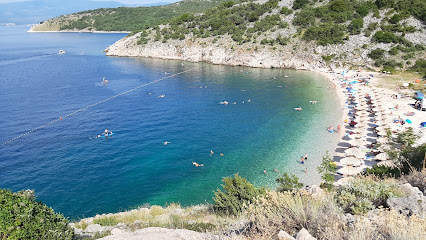
Sv. Marek Sand Beach
Experience the unique sandy shores of Sv. Marek Sand Beach in Risika, Croatia, a perfect destination for relaxation and family fun.
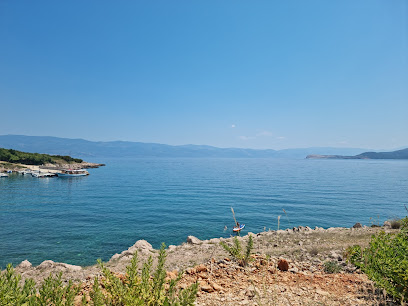
Vela luka
Discover the beauty and charm of Vela Luka, a serene coastal town in Croatia, perfect for relaxation and adventure amidst stunning natural landscapes.
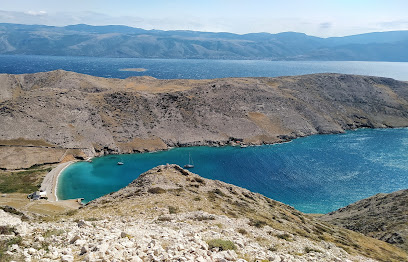
Volsonis
Experience history and modern delights at Volsonis in Krk, where ancient Roman ruins meet a vibrant bar and restaurant scene.
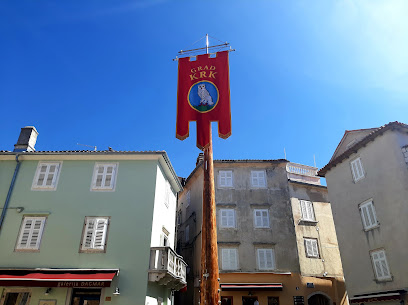
Narrowest street
Brave the squeeze in Vrbnik's old town! Klančić, one of the world's narrowest streets, offers a quirky and unforgettable experience.
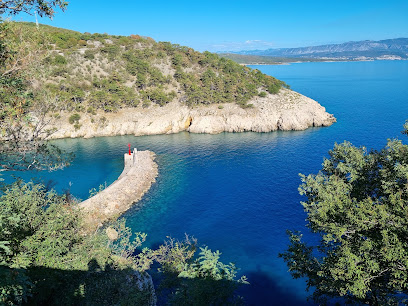
Punta Di Galetto beach
Enjoy easy access and clear waters at Punta Di Galetto beach in Krk town, a family-friendly spot with beautiful views and convenient amenities.
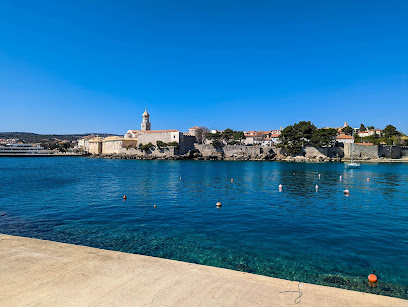
St. Lucia's Church
Discover the cradle of Croatian literacy at this historic church, home to the Baška Tablet replica and ancient Romanesque architecture.
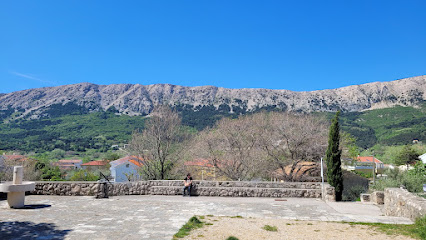
City of Krk
Explore the rich history, stunning landscapes, and vibrant culture of the City of Krk on Croatia's northern coast.
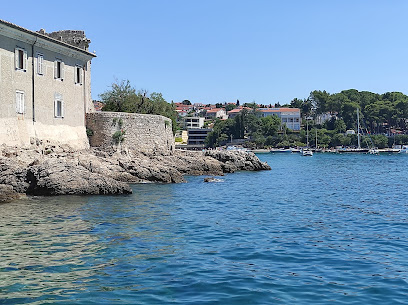
Aquarium Terrarium Krk
Explore Adriatic marine life and exotic reptiles at Krk's unique Aquarium Terrarium, a family-friendly destination in the heart of Krk town.
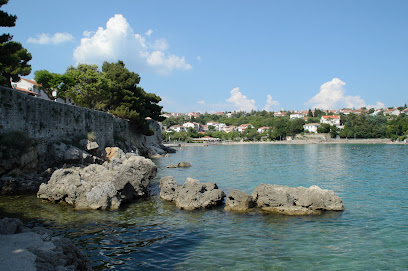
Zipline Edison
Experience Krk from a new perspective with Zipline Edison's thrilling canopy tour, offering breathtaking views and unforgettable adventures for the whole family.
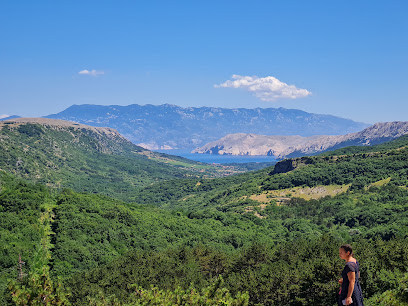
Fulfinum Mirine
Uncover Roman and early Christian history at Fulfinum Mirine, an archaeological site near Omišalj with captivating ruins and coastal views.
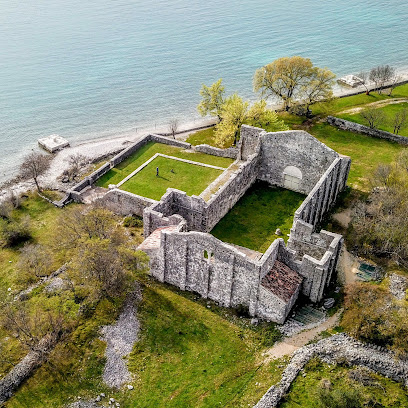
Unmissable attractions to see
Biserujka
Explore the captivating Biserujka Cave on Krk Island, a natural wonder showcasing stunning formations and tranquil underground lakes.
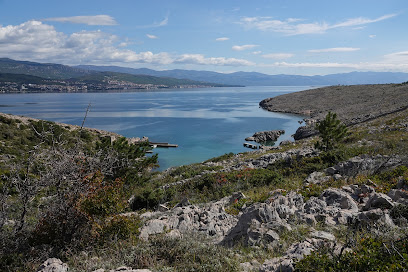
Church of Mary of God of Trsat
Discover the tranquil beauty and spiritual significance of the Church of Mary of God of Trsat, a must-visit tourist attraction in Rijeka, Croatia.
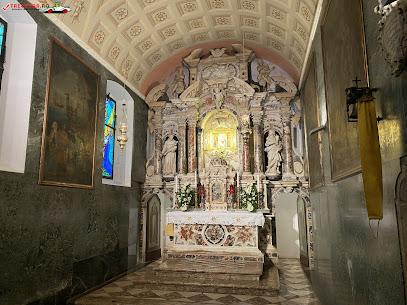
Oprna Bay
Experience the stunning natural beauty and crystal-clear waters of Oprna Bay, a tranquil public beach perfect for relaxation and adventure.
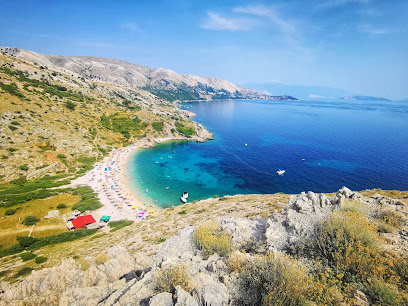
Vela luka
Explore the charm of Vela Luka, a stunning coastal town in Baška, Croatia, offering beautiful beaches, rich culture, and delightful cuisine.
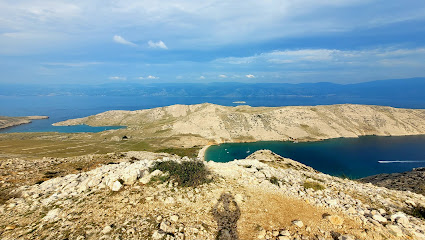
Plaža Pudarica
Experience the tranquil beauty of Plaža Pudarica, a stunning public beach in Barbat, perfect for relaxation and family fun along the Adriatic coast.
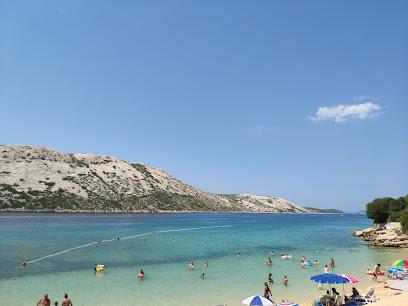
Punta Di Galetto beach
Discover the stunning Punta Di Galetto Beach in Krk, Croatia, a perfect blend of relaxation, adventure, and breathtaking natural beauty.
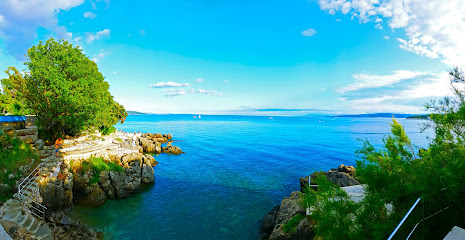
Adriatic aquarium Baška
Explore the Adriatic Aquarium in Baška, a captivating destination showcasing the rich marine life of the Adriatic Sea for an unforgettable family experience.
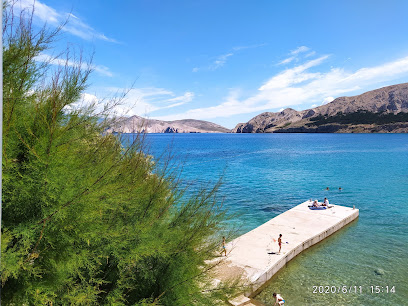
Semisubmarine Krk
Discover the hidden wonders of the Adriatic Sea at Semisubmarine Krk, where adventure meets comfort in an unforgettable underwater experience.
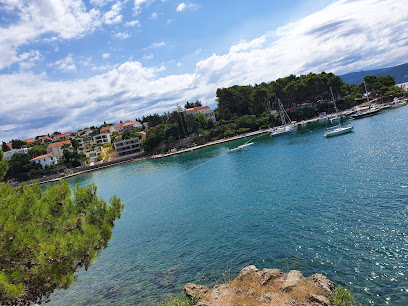
Franciscan Monastery Trsat
Discover the tranquil beauty and rich history of the Franciscan Monastery Trsat in Rijeka, a serene escape offering stunning views and cultural insights.
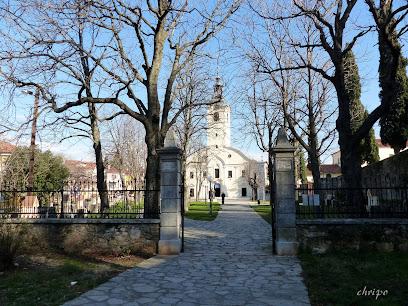
Plaža Pod Črnice
Experience the serene beauty of Plaža Pod Črnice, a stunning beach in Vrbnik, Croatia, offering relaxation and adventure in a picturesque setting.
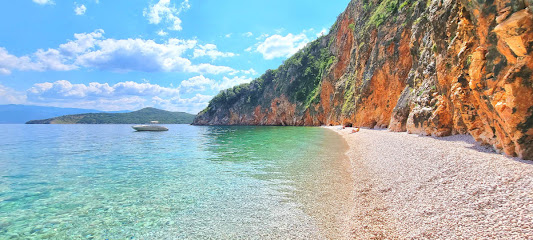
Secret Beach (Divespot)
Experience the breathtaking beauty of Secret Beach, a hidden dive spot in Vrbnik, Croatia, offering crystal-clear waters and vibrant marine life.
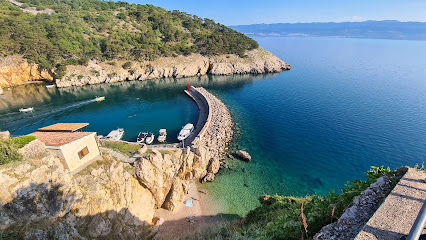
Veli Vrh
Explore the serene beauty of Veli Vrh in Batomalj, Croatia, where breathtaking landscapes and tranquility await every visitor.
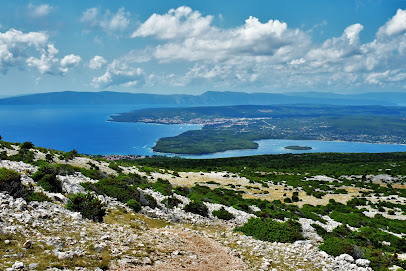
Plaža Spena
Experience the natural beauty and tranquility of Plaža Spena, a stunning beach in Općina Krk ideal for relaxation and exploration.
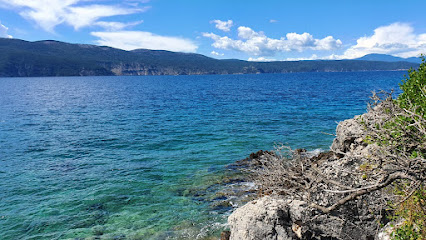
Lokva Diviška
Explore Lokva Diviška, a serene Croatian village rich in natural beauty and cultural heritage, perfect for adventure seekers and those in search of tranquility.
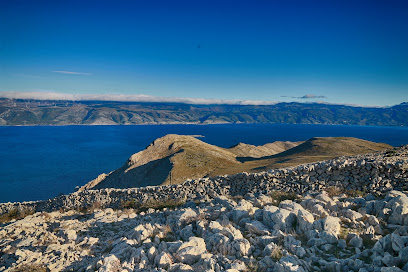
Secret Underwater Cave
Experience the enchanting Secret Underwater Cave in Brzac, a hidden gem on the island of Krk, offering stunning underwater views and nature's tranquility.
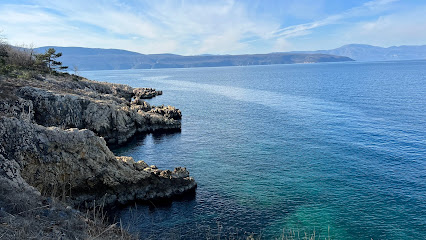
Essential places to dine
Zrinski
Discover Zrinski: A culinary treasure in Krk offering authentic Croatian flavors and an inviting atmosphere for all food lovers.
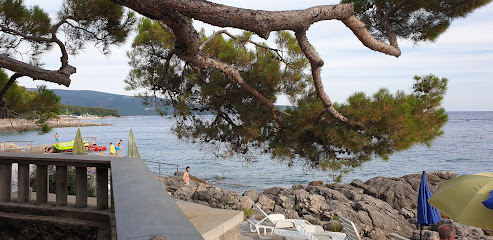
Konoba Galija
Discover fresh seafood and authentic Mediterranean cuisine at Konoba Galija in Krk – a must-visit dining destination for travelers.
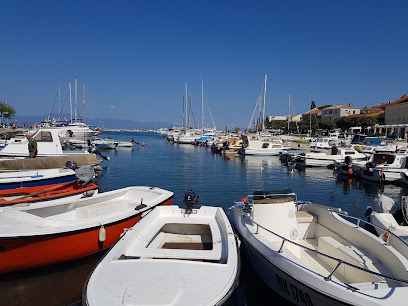
Konoba NONO
Discover authentic Croatian cuisine at Konoba NONO in Krk - where every meal is a celebration of local flavors.
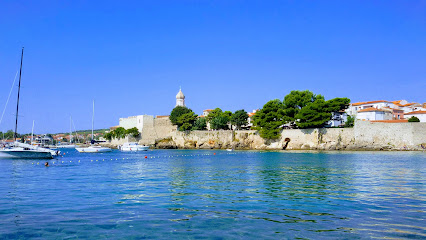
Punta di Galetto Restaurant & Lounge
Experience exquisite Croatian cuisine at Punta di Galetto Restaurant & Lounge in Krk; where every meal is complemented by stunning Adriatic views.
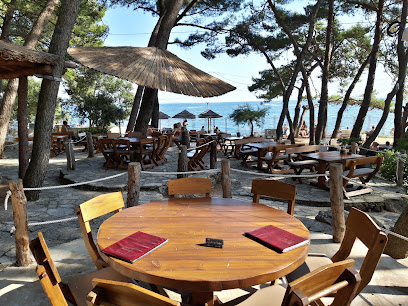
Restaurant Neptun
Discover culinary excellence at Restaurant Neptun in Krk with fresh seafood and traditional Croatian dishes in a welcoming atmosphere.
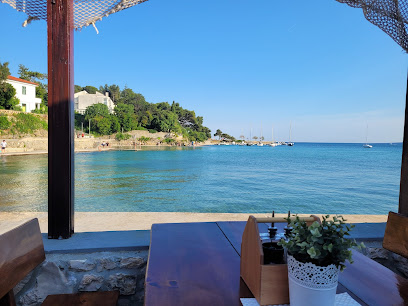
Konoba Šime
Experience authentic Croatian cuisine at Konoba Šime in Krk – where tradition meets flavor in a charming setting.
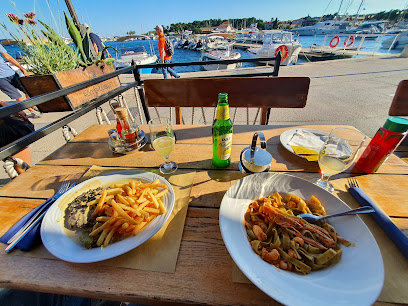
Restaurant Rivica
Experience authentic Croatian cuisine with stunning sea views at Restaurant Rivica in Njivice.
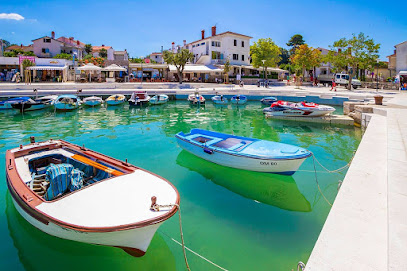
Restoran Mali NONO
Experience authentic Croatian cuisine at Restoran Mali NONO in Krk – where every meal tells a story of tradition and flavor.
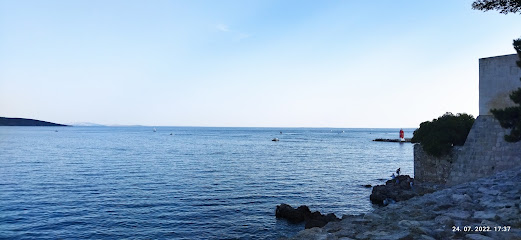
Veja's
Discover authentic Croatian cuisine at Veja's in Krk - where tradition meets modern culinary artistry.
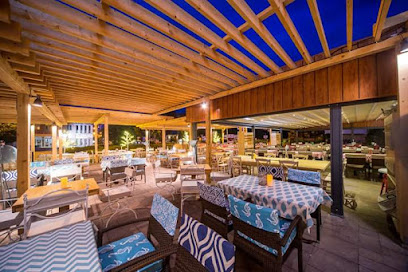
KONOBA ANDREJA
Discover authentic Croatian cuisine at KONOBA ANDREJA in Krk – where every dish tells a story.
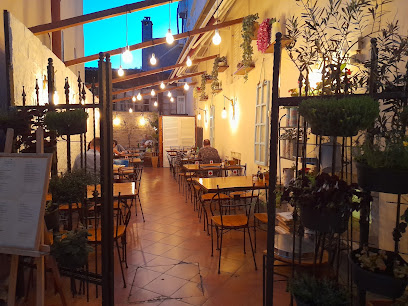
Frankopan restaurant
Experience exceptional seafood and Mediterranean cuisine at Frankopan Restaurant in Krk - where local flavors meet delightful ambiance.
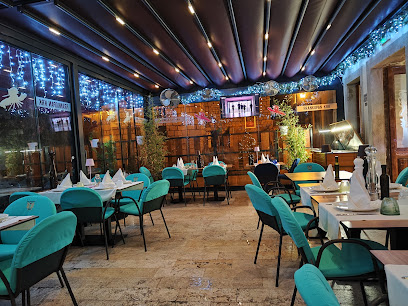
Katarina
Experience authentic Croatian cuisine at Katarina in Krk - where local flavors meet warm hospitality.
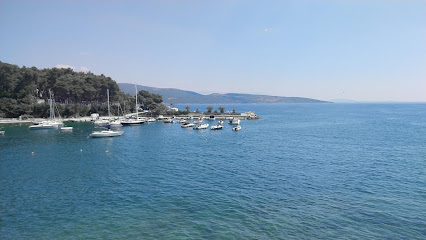
Portella Krk- restaurant
Discover Portella Krk: A family-friendly restaurant offering exquisite seafood and local delicacies on the enchanting Island of Krk.
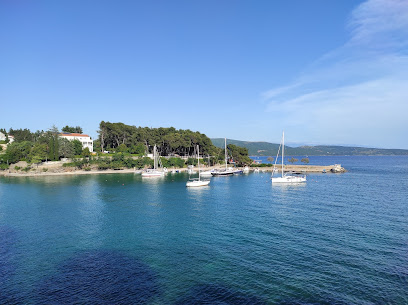
Restaurant Karaka
Experience authentic Croatian cuisine at Restaurant Karaka in Krk - a culinary haven with fresh ingredients and delightful flavors.
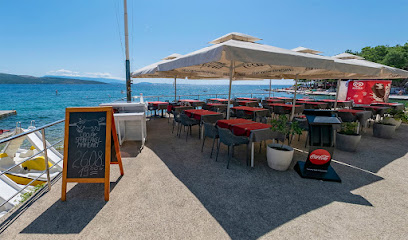
Citta Vecchia
Discover the authentic taste of Croatia at Citta Vecchia in Krk – where tradition meets modern culinary artistry.

Markets, malls and hidden boutiques
Krk Shopping Capitol
Explore the Krk Shopping Capitol in Croatia, a vibrant shopping hub offering diverse shops, dining, and a delightful atmosphere for tourists.
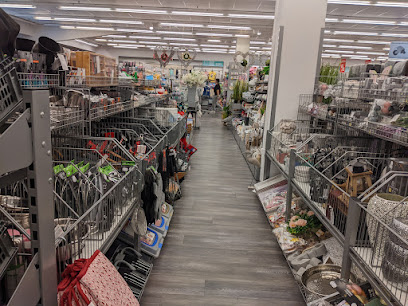
Park & Shop Krk
Explore Park & Shop Krk: A Shopping Haven in the Heart of Krk, Croatia, Offering Fashion, Food, and Fun.
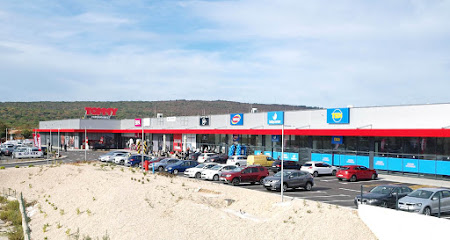
Pepco
Explore Pepco in Krk for stylish clothing, home goods, and toys at unbeatable prices, perfect for families and savvy shoppers alike.
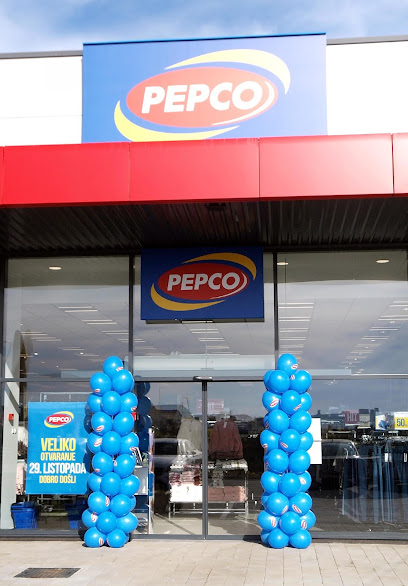
Kik
Explore Kik in Krk for trendy clothing and unique accessories, blending local flair with international styles for every fashion lover.
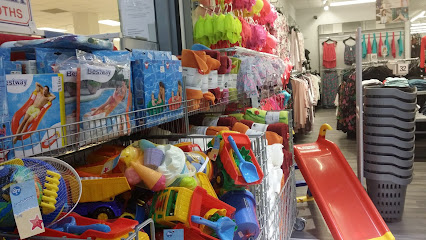
TIN ART GIFT SHOP PUNAT, OTOK KRK
Explore the artistic charm of Tin Art Gift Shop in Punat, where handcrafted treasures await to make your stay unforgettable.
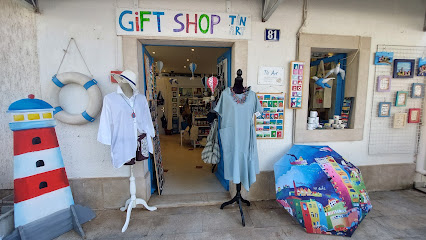
T.O. Memento
Explore the fashionable side of Krk at T.O. Memento, a stylish clothing store offering the latest trends and local designs for every occasion.
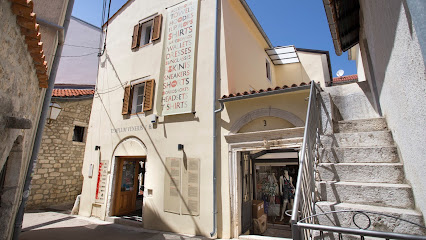
Krk Department Store
Explore the diverse offerings at Krk Department Store, where local charm and quality products await every tourist visiting the island.
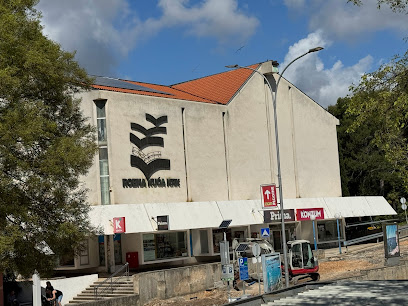
Arca Noa
Explore Arca Noa, a charming souvenir store in Krk, offering unique local crafts and gifts that capture the essence of Croatia's rich culture.
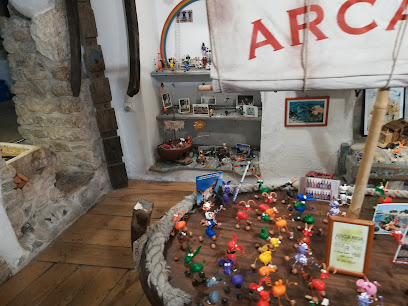
Mana
Discover unique fashion at Mana, the premier clothing store in Krk, Croatia, offering a curated selection of stylish apparel and accessories.
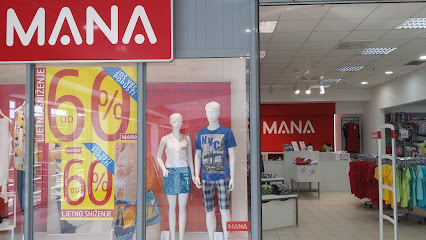
Soho
Discover unique souvenirs and local crafts at Soho, Krk's charming gift shop offering a delightful shopping experience for travelers.

Amadeus M.A.J. d.o.o.
Discover stylish fashion at Amadeus M.A.J. d.o.o. in Krk, a must-visit clothing store for trendy outfits and local flair.
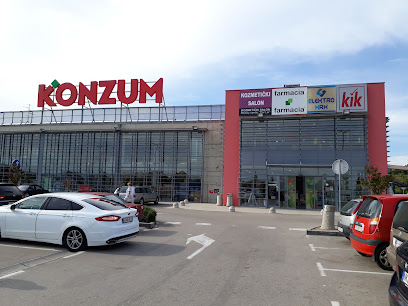
Art gallery and Souvenir shop Micek
Discover local artistry and unique souvenirs at Art Gallery and Souvenir Shop Micek in Krk, Croatia—your creative escape on the island.
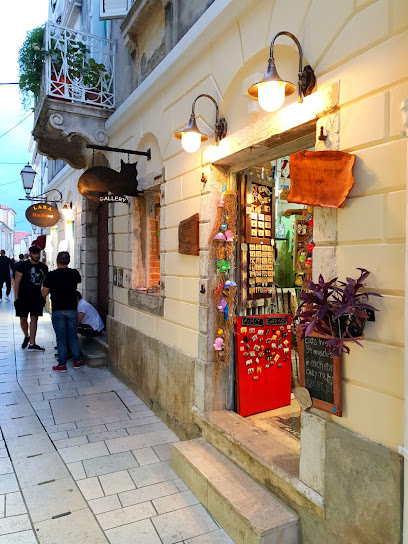
Trgovina MINA
Explore the unique offerings of Trgovina MINA in Krk, where local crafts and souvenirs meet the charm of Croatian culture.
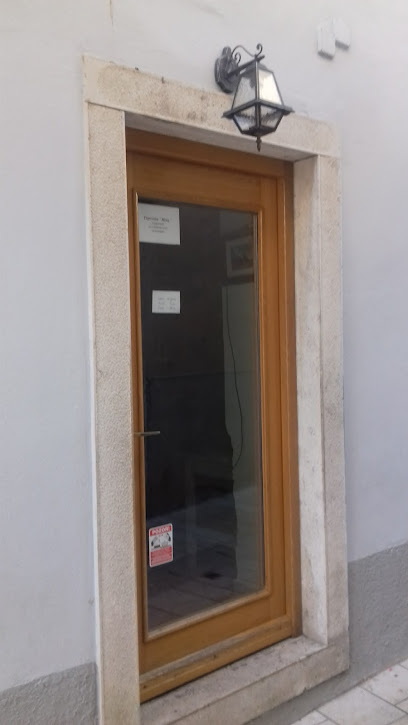
Ko-Ba d.o.o.
Discover the essence of Krk with unique souvenirs from Ko-Ba d.o.o., where local craftsmanship and culture come together in a delightful shopping experience.
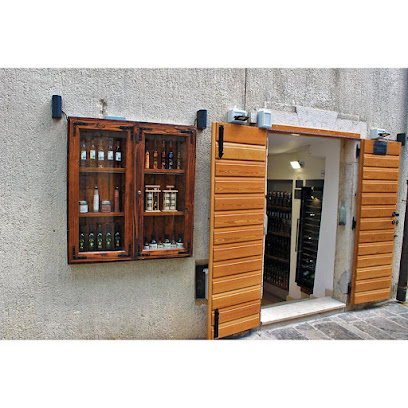
Buža - Fun & Souvenir T-shirts
Discover unique and fun T-shirts at Buža, the ultimate souvenir shop in Krk, Croatia, perfect for capturing your travel memories.
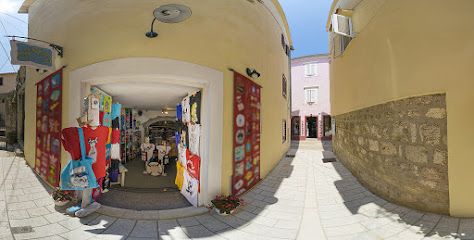
Essential bars & hidden hideouts
The Secret Garden
Discover The Secret Garden in Krk, a cocktail bar that combines exquisite drinks with a serene garden atmosphere for an unforgettable experience.
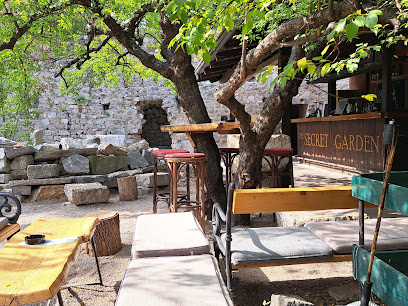
Volsonis
Discover the lively Volsonis in Krk, where culinary delights and vibrant nightlife create unforgettable experiences for every visitor.
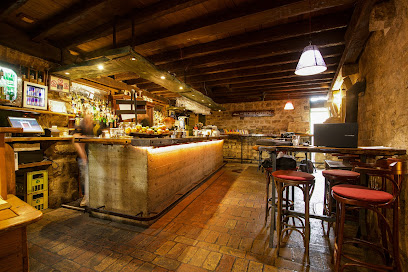
Cabana bar & more
Discover the vibrant atmosphere and refreshing cocktails at Cabana Bar & More in Njivice, Croatia, where relaxation meets the beauty of the Adriatic.
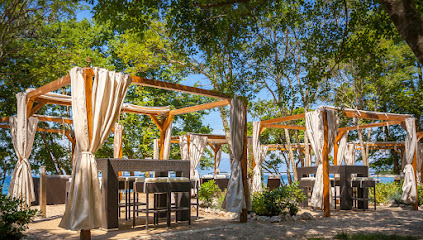
King’s Caffe Krk
Discover the vibrant atmosphere and local flavors at King’s Caffe Krk, the perfect spot for relaxation and enjoyment.
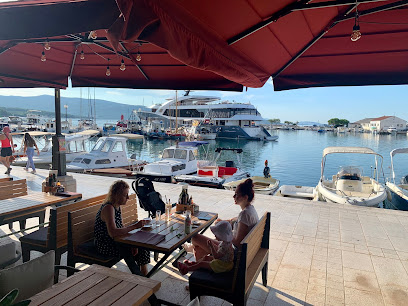
Beach Bar Mocca
Discover the flavors of Croatia at Beach Bar Mocca, where stunning views meet delicious grilled cuisine in a serene coastal setting.
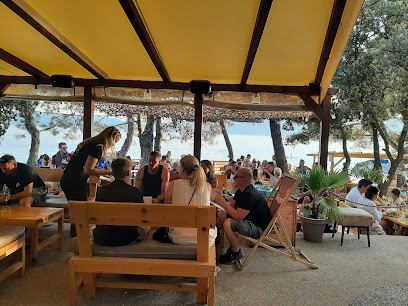
Caffe Bar Mare
Discover the allure of Caffe Bar Mare, a vibrant bar in Krk offering stunning sea views, refreshing drinks, and a relaxing atmosphere.
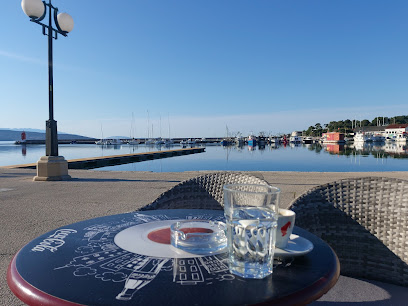
Pub Tiffany
Discover the lively atmosphere of Pub Tiffany in Krk, where refreshing drinks and local hospitality meet for an unforgettable experience.
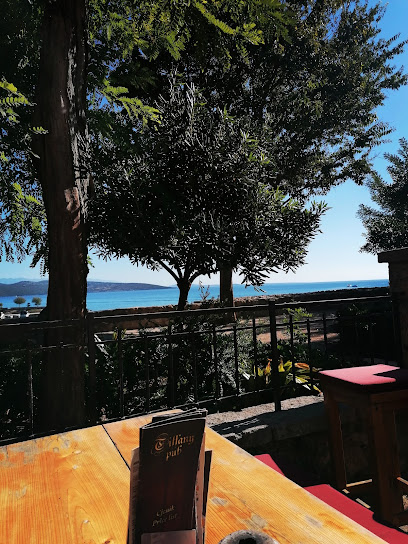
Jezevac Beach Bar
Discover the serene atmosphere and vibrant social scene at Jezevac Beach Bar in Krk, where relaxation meets stunning coastal views.
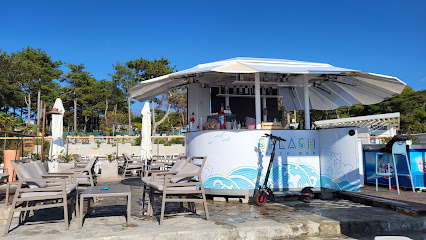
Caffe bar Aquarium
Experience the lively ambiance and refreshing drinks at Caffe Bar Aquarium in Krk, a perfect spot for a memorable night out.
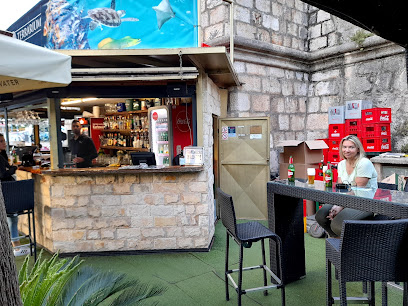
Guardian
Experience the perfect blend of cocktails and pastries at Guardian in Krk, Croatia – a must-visit bar for every traveler.
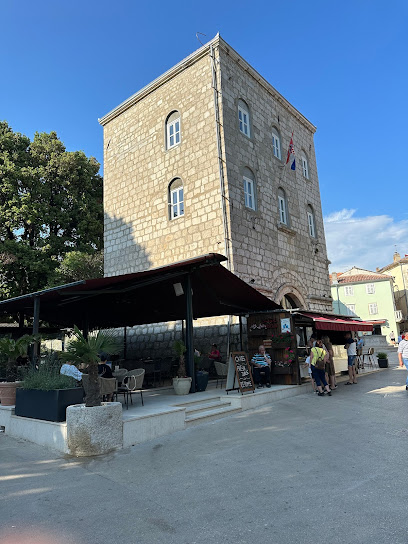
Sottobateria Lounge
Discover the intimate ambiance of Sottobateria Lounge, a perfect blend of bar and coffee shop in the heart of Krk, Croatia.
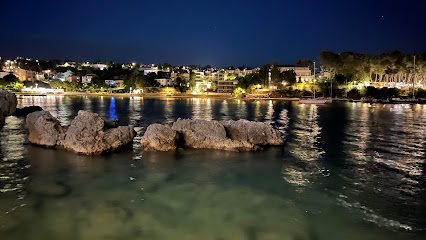
Caffe bar Bogart
Experience the vibrant atmosphere of Caffe Bar Bogart in Krk, offering exquisite coffee, cocktails, and a stunning coastal view in a cozy setting.
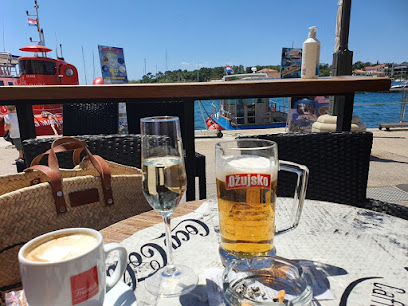
Lungo mare splash beach bar
Experience the vibrant atmosphere of Lungo Mare Splash Beach Bar in Krk, where refreshing drinks meet breathtaking Adriatic views.
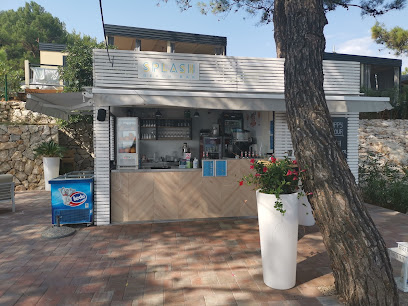
Beach Bar Karaka
Discover the vibrant atmosphere and breathtaking views at Beach Bar Karaka, your perfect retreat on the sunny shores of Krk.
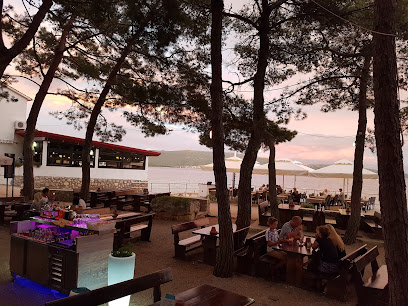
Beach Bar Cristallo
Discover Beach Bar Cristallo in Krk, where grilled delicacies meet stunning Adriatic views for an unforgettable beachside dining experience.
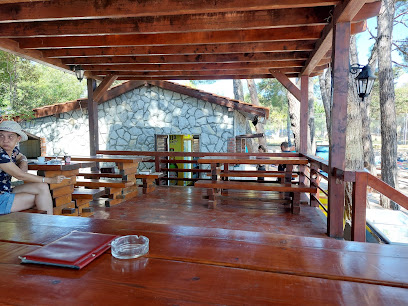
Local Phrases about Krk Island
-
- HelloBok
[Bohk] - GoodbyeDoviđenja
[Dov-ee-jen-ya] - YesDa
[Dah] - NoNe
[Neh] - Please/You're welcomeMolim
[Moh-leem] - Thank youHvala
[Hvah-lah] - Excuse me/SorryOprosti
[Oh-pros-tee] - How are you?Kako si?
[Kah-koh see?] - Fine. And you?Dobro. A ti?
[Doh-bro. Ah tee?] - Do you speak English?Govoriš li engleski?
[Goh-vor-eesh lee eng-les-kee?] - I don't understandNe razumijem
[Neh rah-zoo-mee-yem]
- HelloBok
-
- I'd like to see the menu, pleaseMolim vas, želim vidjeti jelovnik
[Moh-leem vahs, zheh-leem veed-yeh-tee yeh-lov-neek] - I don't eat meatNe jedem meso
[Neh yeh-dem meh-so] - Cheers!Živjeli!
[Zhee-vyeh-lee] - I would like to pay, pleaseŽelim platiti, molim
[Zheh-leem pla-tee-tee, moh-leem]
- I'd like to see the menu, pleaseMolim vas, želim vidjeti jelovnik
-
- Help!Upomoć!
[Oo-poh-mohtch] - Go away!Odlazi!
[Ohd-lah-zee] - Call the Police!Zovite policiju!
[Zoh-vee-teh poh-lee-tsee-yoo] - Call a doctor!Zovite doktora!
[Zoh-vee-teh dohk-toh-rah] - I'm lostIzgubio/la sam se
[Eez-goo-byoh/lah sahm seh] - I'm illBolesan/na sam
[Boh-leh-sahn/nah sahm]
- Help!Upomoć!
-
- I'd like to buy...Želim kupiti...
[Zheh-leem koo-pee-tee] - I'm just lookingSamo gledam
[Sah-moh gleh-dahm] - How much is it?Koliko košta?
[Koh-lee-koh kohs-tah?] - That's too expensiveTo je pre skupo
[Toh yeh preh skoo-poh] - Can you lower the price?Možete li spustiti cijenu?
[Moh-zheh-teh lee spoos-tee-tee tsee-yeh-noo?]
- I'd like to buy...Želim kupiti...
-
- What time is it?Koliko je sati?
[Koh-lee-koh yeh sah-tee?] - It's one o'clockJedan je sat
[Yeh-dahn yeh saht] - Half past (10)Pola (deset)
[Poh-lah (deh-set)] - MorningJutro
[Yoo-troh] - AfternoonPopodne
[Poh-pohd-neh] - EveningVečer
[Veh-cher] - YesterdayJučer
[Yoo-cher] - TodayDanas
[Dah-nahs] - TomorrowSutra
[Soo-trah] - 1Jedan
[Yeh-dahn] - 2Dva
[Dvah] - 3Tri
[Tree] - 4Četiri
[Cheh-tee-ree] - 5Pet
[Peht] - 6Šest
[Shehst] - 7Sedam
[Seh-dahm] - 8Osam
[Oh-sahm] - 9Devet
[Deh-vet] - 10Deset
[Deh-set]
- What time is it?Koliko je sati?
-
- Where's a/the...?Gdje je...?
[Gdyeh yeh...?] - What's the address?Koja je adresa?
[Koh-yah yeh ah-deh-sah?] - Can you show me (on the map)?Možete li mi pokazati (na karti)?
[Moh-zheh-teh lee mee poh-kah-zah-tee (nah kahr-tee)?] - When's the next (bus)?Kada dolazi sljedeći (autobus)?
[Kah-dah doh-lah-zee sleh-deh-chee (ow-toh-boos)?] - A ticket (to ....)Jedna karta (do ...)
[Yehd-nah kahr-tah (doh ...)]
- Where's a/the...?Gdje je...?
History of Krk Island
-
The history of Krk Island dates back to the Neolithic period, with archaeological findings indicating early human settlements. The Liburnians, an Illyrian tribe, were the first known inhabitants of the island. They built fortified hilltop settlements called 'gradine,' remnants of which can still be found today.
-
Krk Island became part of the Roman Empire in the 1st century BC. The Romans fortified the city of Krk, known as Curicum, and developed it into a significant regional center. The remains of Roman villas, mosaics, and town structures, such as the ancient city walls, are testament to this era.
-
With the spread of Christianity in the 5th and 6th centuries, Krk Island became an important religious center. The island saw the construction of early Christian basilicas and churches, including the Cathedral of the Assumption in the town of Krk, which stands on the site of an early Christian basilica.
-
During the medieval period, Krk Island was ruled by various regional powers, including the Byzantines, Croats, and Venetians. The Frankopan family, a powerful Croatian noble family, played a significant role in the island's history from the 12th to the 17th century. They fortified towns and built castles, most notably the Frankopan Castle in the town of Krk.
-
From 1480 to 1797, Krk Island was under Venetian rule. The Venetians fortified the island further and developed its maritime capabilities. Venetian influence is evident in the architecture of the island's towns and in cultural aspects such as language and cuisine.
-
Following the fall of the Venetian Republic, Krk Island came under Austrian rule, which lasted until the end of World War I. After a brief period of Italian control, the island became part of the Kingdom of Yugoslavia. The influences of these periods can be seen in the island's architecture and cultural traditions.
-
During World War II, Krk Island was occupied by Italian and later German forces. After the war, it became part of socialist Yugoslavia. This period saw significant socio-economic changes, including the development of tourism as a key industry on the island.
-
With the breakup of Yugoslavia in the early 1990s, Krk Island became part of the newly independent Republic of Croatia. Today, the island is a popular tourist destination known for its rich history, cultural heritage, and natural beauty. Efforts to preserve its historical sites and promote sustainable tourism continue to shape its future.
Krk Island Essentials
-
Krk Island is accessible by various means of transportation. The nearest international airport is Rijeka Airport, located on the mainland near the bridge connecting Krk to the mainland. From the airport, you can take a taxi or shuttle bus directly to Krk Island. Alternatively, you can reach Krk by car via the Krk Bridge, which is a toll bridge. For those preferring public transport, there are regular bus services from major Croatian cities like Zagreb, Rijeka, and Split to the island.
-
Once on Krk Island, you can explore using several modes of transportation. Local buses connect the major towns and villages on the island. Taxis are also available but can be expensive for longer trips. Renting a car is a popular option for tourists who wish to explore the island at their own pace. Bicycles and scooters can be rented in larger towns like Krk town and Baška for a more eco-friendly way to get around. Walking is also a great way to explore the smaller, picturesque areas.
-
The official currency of Croatia is the Croatian Kuna (HRK). Credit cards are widely accepted in hotels, restaurants, and shops on Krk Island, but it is advisable to carry some cash, especially when visiting smaller villages and markets. ATMs are readily available in major towns like Krk Town, Baška, and Malinska. Currency exchange services can be found at banks and exchange offices.
-
Krk Island is generally a very safe destination for tourists. However, standard precautions should be taken to avoid petty crimes such as pickpocketing, particularly in crowded areas and popular tourist spots. There are no specific areas on the island with high crime rates targeting tourists. Always keep an eye on your belongings and avoid displaying large amounts of cash or valuable items.
-
In case of an emergency, dial 112 for immediate assistance, which is the universal emergency number in Croatia. Medical facilities are available in Krk Town and other larger towns on the island. Pharmacies ('Ljekarna') are also easy to find and can provide over-the-counter medications. It is recommended to have travel insurance that covers medical emergencies. Local police stations are present and can assist in case of theft or other emergencies.
-
Fashion: Do dress comfortably and modestly, especially when visiting religious sites. Avoid wearing beachwear away from the beach. Religion: Do respect local customs and traditions. When visiting churches, dress modestly and cover your shoulders and knees. Public Transport: Do be courteous and give up your seat to elderly passengers. Don’t eat or drink on public transport. Greetings: Do greet people with a friendly ‘Dobar dan’ (Good day). A handshake is a common greeting. Eating & Drinking: Do try local specialties like fresh seafood and local wines. Don’t rush meals; dining is often a leisurely activity in Croatia.
-
To experience Krk Island like a local, visit the local markets where you can buy fresh produce, cheeses, and other traditional Croatian goods. Engage with locals in smaller villages; they are often friendly and willing to share insights about the island's history and culture. Don’t miss the chance to hike or cycle the numerous trails that offer stunning views of the Adriatic Sea. For a unique experience, attend local festivals and events, which often feature traditional music, dance, and food.
Nearby Cities to Krk Island
-
Things To Do in Pula
-
Things To Do in Rovinj
-
Things To Do in Postojna
-
Things To Do in Koper
-
Things To Do in Izola
-
Things To Do in Sežana
-
Things To Do in Trieste
-
Things To Do in Portorož
-
Things To Do in Piran
-
Things To Do in Bihac
-
Things To Do in Ljubljana
-
Things To Do in Zadar
-
Things To Do in Nova Gorica
-
Things To Do in Škofja Loka
-
Things To Do in Kamnik













